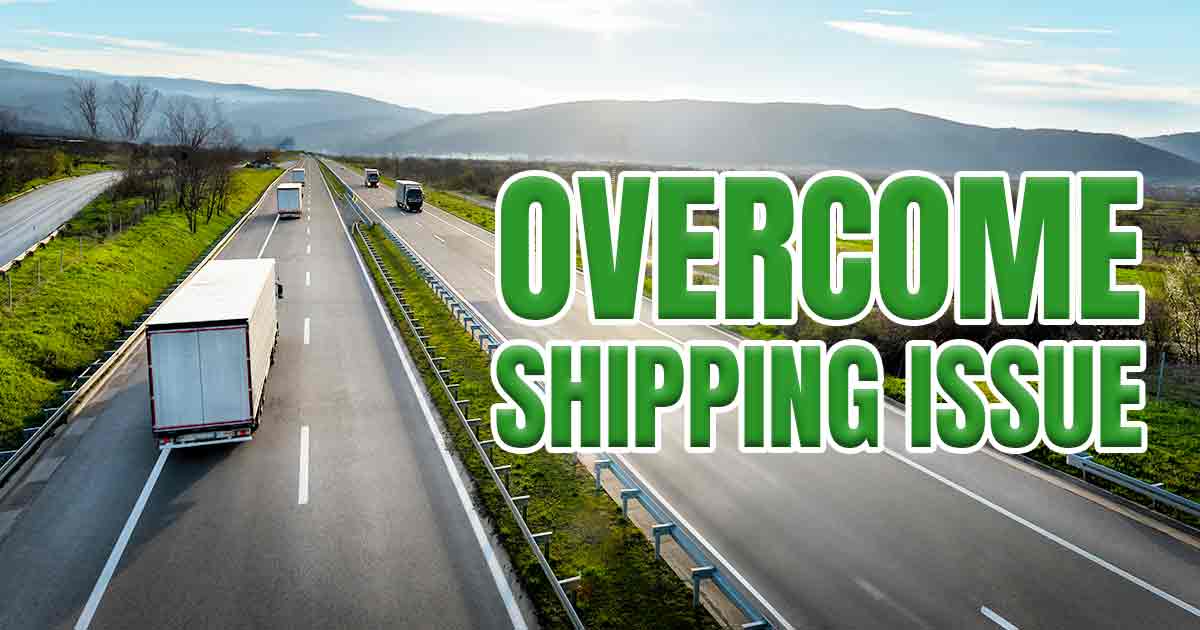 Full Truck Load (FTL) shipping is a mainstay in the logistics industry. Yet, it comes with its unique set of challenges. This detailed guide explores these issues, ranging from space optimization to overloading, and offers practical solutions to ensure smooth and efficient FTL shipping. To check Deliveree’s price, click the button below.
Full Truck Load (FTL) shipping is a mainstay in the logistics industry. Yet, it comes with its unique set of challenges. This detailed guide explores these issues, ranging from space optimization to overloading, and offers practical solutions to ensure smooth and efficient FTL shipping. To check Deliveree’s price, click the button below.
Partially Filled Trucks: Cost Effects and Solutions
A common dilemma in FTL shipping is dealing with partially filled trucks. This situation typically means paying for the entire truck capacity, leading to higher costs. To avoid this issue, you can measure the dimensions and weight of your goods and check the vehicle dimensions to match the size.
What is Deliveree’s Solution for Partially Filled Trucks?
Deliveree’s solution for partially filled trucks is to input the dimensions and weight of your goods in the Deliveree FTL price calculator and get vehicle suggestions before creating a booking. Another way to make sure is to chat with CS to recommend a vehicle.
Rejected Goods in FTL Shipping
Rejected goods, whether due to damage, quality issues, or discrepancies, pose a significant challenge in FTL shipments. When faced with this issue, a well-defined process for managing rejected goods is essential. This includes immediate communication with the carrier and recipient and a clear understanding of the carrier’s policies on rejected freight.
What is Deliveree’s Solution for Rejected Goods?
Deliveree’s solution for rejected goods usually is to return the goods to the pick-up location. But, you can contact our CS to confirm this issue and discuss more options that are tailored to your needs to resolve the issue.
Managing Vehicle Breakdowns During Shipment
Breakdowns during FTL shipments can result in substantial delays and logistical complications. To prevent more delays, you can select well-maintained fleets and ensure the procedures when these issues occur.
What is Deliveree’s Solution for Vehicle Breakdowns During Shipment?
In Deliveree, we have solutions for vehicle breakdowns by having effective contingency plans, such as access to a network of backup vehicles, to minimize the impact of breakdowns. Contact our CS to discuss more options to resolve the issue.
Addressing Delays and Off-Route Issues
Delays and deviations from planned routes can significantly disrupt FTL shipments, often caused by unforeseen factors like traffic or weather conditions. To prevent this you can do consistent communication with the driver.
What is Deliveree’s Solution for Delays and Off-Route Issues?
If delays happen when doing shipping with Deliveree, we provide you solutions by chat the driver via in-app chat for confirmation and you can also track the shipping via our real-time GPS tracking.
Overload Issues in FTL Shipments
Overload or Over Dimension Over Loading (ODOL) is an often-overlooked yet crucial concern in FTL shipping. It raises safety risks, increases vehicle wear, and can lead to legal issues. Strict adherence to weight limits and regulations is necessary. Collaborate with carriers to ensure your shipment complies with legal weight limits and the vehicle is equipped to handle the load.
What is Deliveree’s Solution for Overload Issues in FTL Shipments?
Deliveree’s solution for overload issues in FTL shipment is to check Deliveree’s vehicle size and ensure that it is suitable for your goods before creating a booking. Chat with our CS if you need confirmation for the vehicle size.
FTL shipping, while efficient, presents various challenges that require proactive management. From optimizing truck space utilization to handling breakdowns, delays, overloads, and security concerns, a comprehensive approach is essential. This guide offers a roadmap for navigating these issues, ensuring that your FTL shipments are as smooth and efficient as possible. With the right strategies, FTL shipping can be a reliable and cost-effective solution for your logistics needs.
Read More:





 CHECK EXPEDITION PRICE
CHECK EXPEDITION PRICE


 Chat
Chat